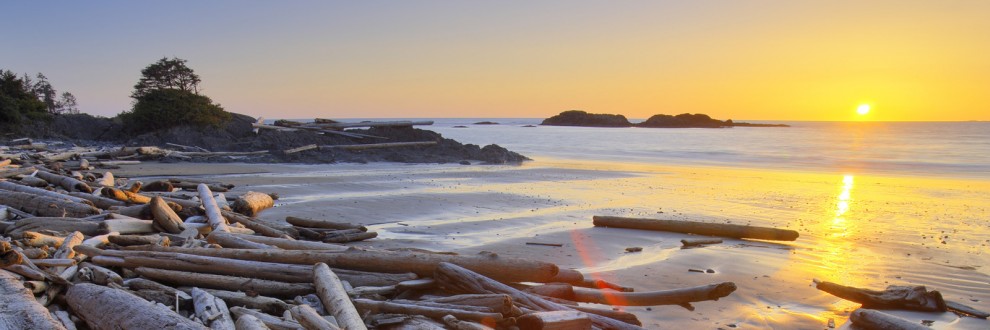After my ethical battles on the beach, I’ve now found myself stuck in a kind of prison: an office.
The great irony of volunteering at Parks Canada: most of my time is spent indoors, without even a view of nature. I sit in this closet for hours every day, and design the DEEP (Dune Environmental Education Program) lesson plan.
Apparently there will soon be two of us in here. No, I’m not joking.
The main educational concepts I’m trying to work with in my lesson plan are social engagement and task-based learning, in an outdoor environment. Given that most of the groups that I’m creating this field trip lesson plan for will be high school students, it’s utmost priority to get them engaged in the learning. I’m going to achieve this by focusing primarily on social and emotional learning objectives, like collaborative & team based work. All their learning will be self-directed, through “games” (assignments / activities), where they compete with other teams of students. Competition is the best way to engage learners — especially learners that are generally disinterested in learning itself, such as high-school students. Through competitive games, they will not only identify local plant species (both those labelled as native and “invasive”) and geography (dune environments), but will also engage in teamwork and soft-skill development like how to organize and interact within a group. The main thing that I care about, personally, is that the students are OUTSIDE, and having fun. Outdoor education is my prime mover, and all else is secondary to getting the students engaged in their world. This also means that most of the learning will be more tactile & kinesthetic based (of the multiple learning approaches/styles/multiple intelligences). Overall, I’m looking at this as an opportunity to try out some more activities and guiding styles for outdoor education — my ultimate goal, of course, is just to have a great time with the students.

